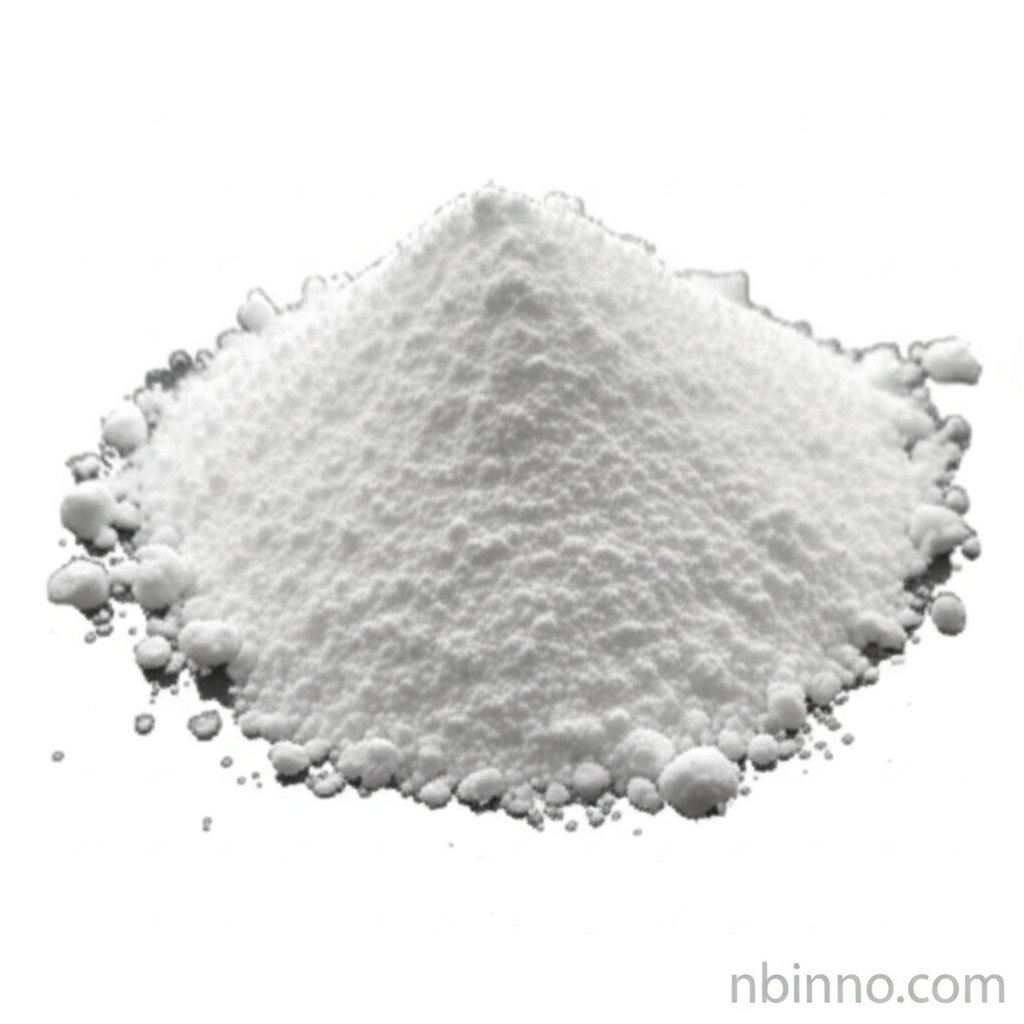Bisphenol S: Properties, Applications, and Safety Considerations
Discover the multifaceted uses and crucial safety aspects of Bisphenol S in modern industrial chemistry.
Get a Quote & SampleProduct Core Value

Bisphenol S
Bisphenol S (BPS) is a vital organic intermediate characterized by its dual hydroxyl groups and a potent electron-withdrawing sulfone group, which confers greater acidity than other phenolic compounds. Its excellent heat, light, and oxidation resistance make it a sought-after raw material in the synthesis of high-performance polymers such as polycarbonate, epoxy resin, and polysulfone.
- Explore the diverse bisphenol s applications in advanced materials science.
- Understand the key bisphenol s properties that drive its utility in demanding industrial settings.
- Learn about bisphenol s uses as a fixing agent, essential for various industrial processes.
- Investigate the role of bisphenol s as raw material for creating robust polymer chains.
Advantages of Using Bisphenol S
Enhanced Durability and Resistance
The inherent heat resistance, light resistance, and oxidation resistance of Bisphenol S contribute to the longevity and performance of the end products it is used in, supporting its role in bisphenol s applications.
Versatile Polymer Synthesis
As a crucial bisphenol s raw material, it enables the creation of advanced polymers like polycarbonate and epoxy resins, vital for numerous industries, showcasing its critical bisphenol s uses.
Specialized Industrial Functions
Beyond polymer synthesis, its utility extends to specialized roles such as a fixing agent and dispersant, highlighting the broad spectrum of bisphenol s properties.
Key Applications
Polymer and Resin Manufacturing
Bisphenol S serves as a fundamental bisphenol s raw material for producing high-performance polymers like polycarbonate and epoxy resins, valued for their superior properties in demanding applications.
Textile and Dyeing Processes
Its role as a fixing agent and dispersant is crucial in the textile industry, particularly for high-temperature dyeing of dispersed dyes, demonstrating key bisphenol s uses in enhancing color fastness.
Color Photography and Thermal Materials
Bisphenol S is utilized in the manufacture of color photographic materials and thermal recording materials, acting as a contrast enhancer and color developing agent, showcasing its diverse bisphenol s applications.
Specialty Chemical Formulations
It finds application as a plating solution additive, leather tanning agent, and a component in daily surfactants and deodorants, underscoring the breadth of its bisphenol s properties and uses.
